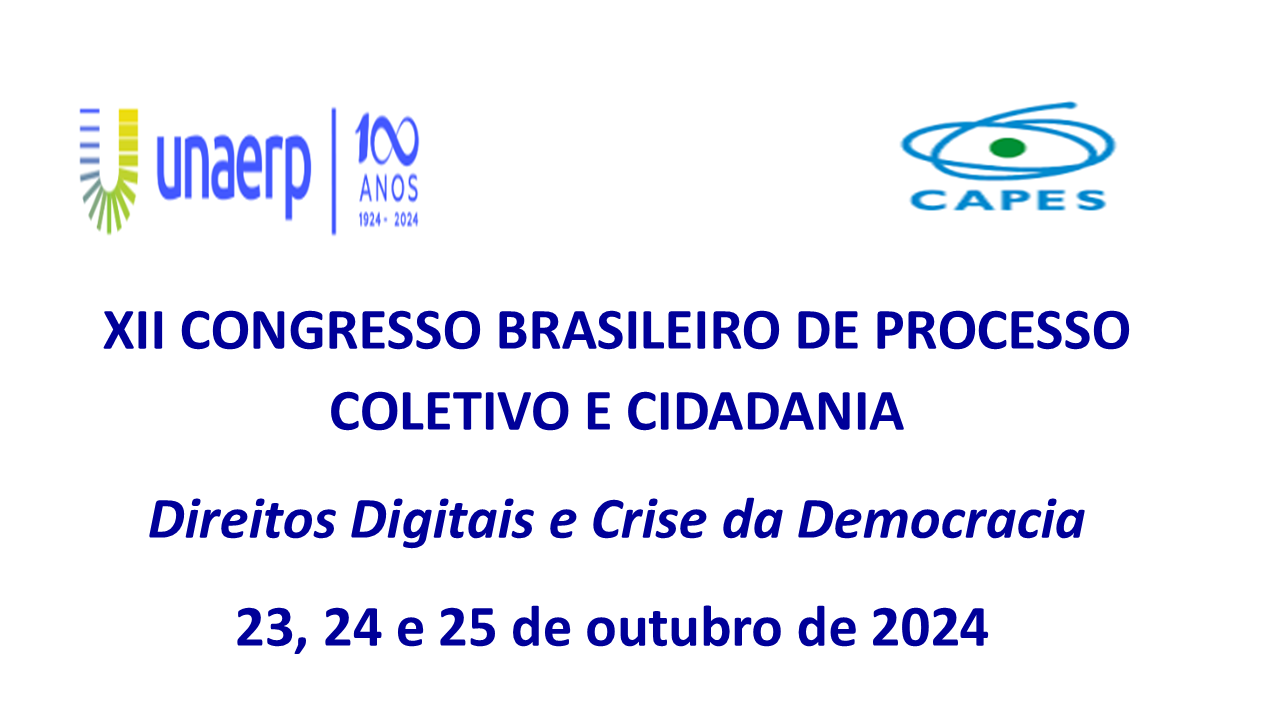THE WEAKING OF THE SYSTEM OF PRECEDENCE OF THE HIGH COURT OF JUSTICE WITH THE ADVENT OF CONSTITUTIONAL AMENDMENT 125/2022: THE FILTER OF RELEVANCE IN SPECIAL RESOURCES
Abstract
ABSTRACT
This article addresses the weakening of the precedent system of the Superior Court of Justice (STJ) after the promulgation of Constitutional Amendment 125/2022, which introduced the "relevance filter" as a new admissibility criterion for special appeals. The study explores how this change, by restricting the number of cases that reach the STJ, can compromise the fundamental role of precedents in standardizing jurisprudence and guaranteeing legal certainty in Brazil. The research adopts as its methodology the bibliographical review, the dialectical method for confronting ideas, and the deductive method to analyze the practical implications of the new filter. Furthermore, an empirical analysis based on statistical data provided by the STJ and the Federal Supreme Court (STF) is used to quantify the impact of the Amendment in reducing the number of cases judged and, consequently, in the formation of precedents. Concerns are discussed that the relevance filter, although designed to increase the efficiency of the STJ by allowing the Court to focus on issues of greater legal and social impact, may paradoxically weaken the cohesion and predictability of the legal system. The study concludes that Constitutional Amendment 125/2022, despite its optimization intentions, could have significant negative effects on the effectiveness of the precedent system, weakening the stabilizing and guiding function of the higher courts.
Downloads
Published
How to Cite
Issue
Section
License
Copyright (c) 2024 Anais do Congresso Brasileiro de Processo Coletivo e Cidadania

This work is licensed under a Creative Commons Attribution-NonCommercial-NoDerivatives 4.0 International License.
